
卵の栄養について知りたいです。
卵は、白い部分の卵白と、黄色い部分の卵黄と、殻の部分の卵殻からできています。
卵白のことを白身、卵黄のことを黄身ということもあります。
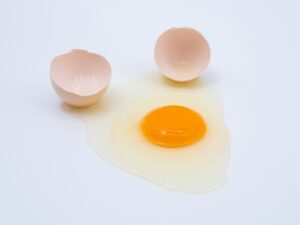
多くの卵で、卵白は61パーセント、卵黄は26パーセント、卵殻は13パーセントあります。
卵白は、ほとんどが、水分とたんぱく質です。
卵白の栄養は、たんぱく質、脂質、ビタミン、ミネラルなどが含まれています。
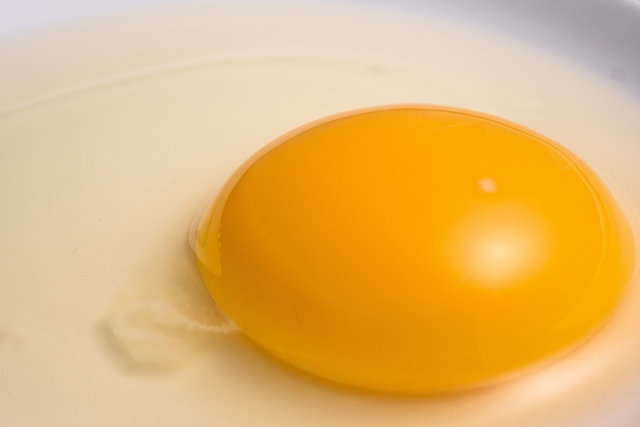
卵黄の栄養は、脂質、たんぱく質、ビタミン、ミネラルなどが含まれています。
あまり食べることのない卵殻にも、栄養はあります。特に、ミネラルの一種であるカルシウムはたくさん含まれています。
卵は、特に、たんぱく質をたくさんとることのできる食べものです。
たんぱく質は、20種類のアミノ酸というものからできています。
人間が生きていくためには、20種類すべてのアミノ酸が必要ですが、9種類のアミノ酸は、人間は自分で作ることができません。
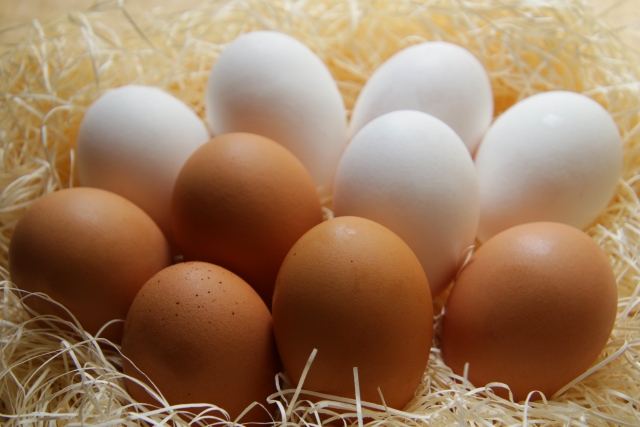
ですからその9種類のアミノ酸は、必須アミノ酸と呼ばれています。
卵は、この必須アミノ酸を含む20種類のアミノ酸をとることができます。
卵は、多くの栄養素の中で、ビタミンの中のビタミンCと、食物繊維以外の多くの栄養素をとることができる食べものです。
次の言葉については、それぞれのページを見てください。
Egg Nutrition
Eggs are composed of egg white (the white part), egg yolk (the yellow part), and eggshell (the shell).
Egg whites are sometimes called siromi/whites and yolks are sometimes called kimi/yolks.
In most eggs, the egg white is 61%, the yolk is 26%, and the eggshell is 13%.
The egg white is mostly water and protein.
Egg whites contain protein, fat, vitamins, and minerals.
The yolk contains fat, protein, vitamins, and minerals.
Even the eggshells, which are rarely eaten, contain nutrients. In particular, they contain a lot of calcium, a type of mineral.
Eggs are a particularly good source of protein.
Protein is made up of 20 different kinds of amino acids.
All 20 amino acids are necessary for human life, but 9 amino acids cannot be made by ourselves.
Therefore, these nine amino acids are called essential amino acids.
Eggs provide 20 kinds of amino acids, including the essential amino acids.
Eggs are a good source of many nutrients, except for vitamin C and fiber, which are among the vitamins.
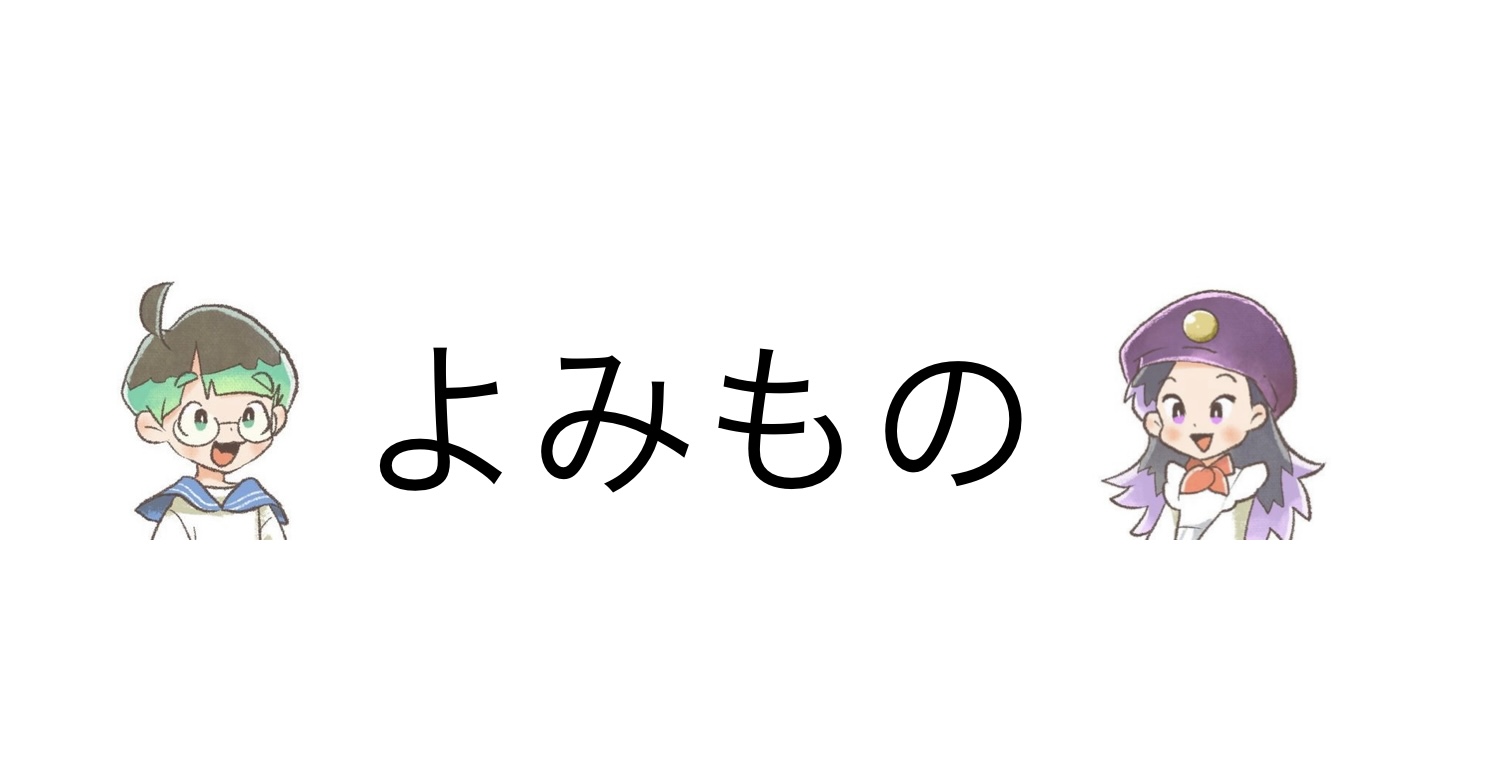
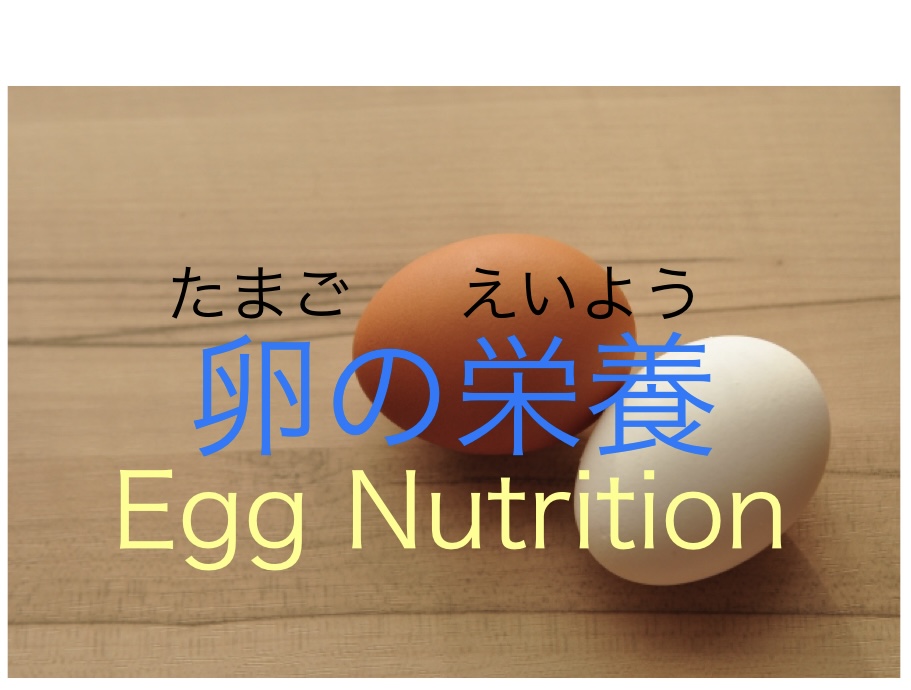


コメント